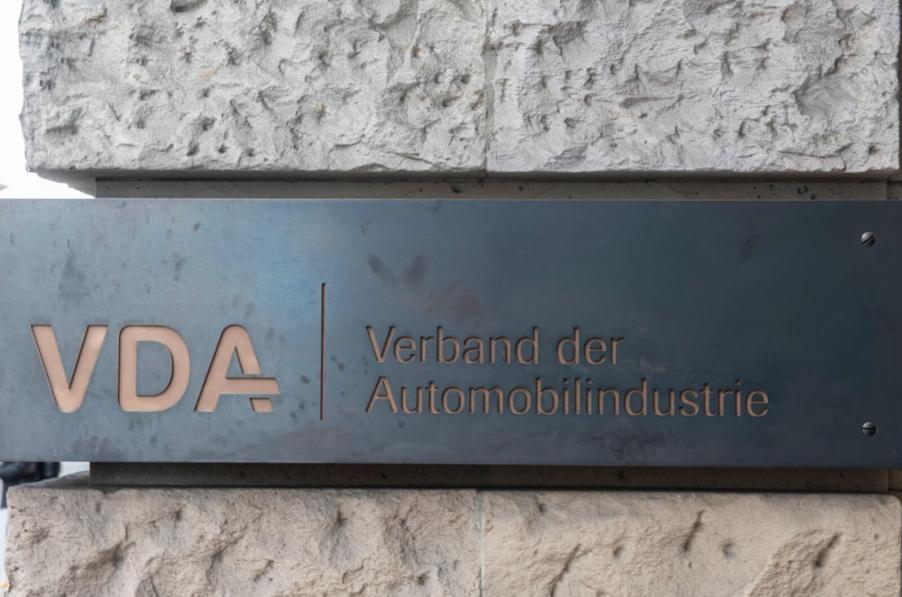
Even With 100% Tariffs on Chinese EV Cars in America, Germany Wants the Dirt-Cheap EVs
Cheap Chinese electric vehicles (EVs) have hit roadblock after roadblock gaining access to the American market. The U.S. Government wants to protect domestic EV-producing brands from impossibly affordable Chinese alternatives, at the expense of the would-be EV-buyer. To accomplish such a task, the Biden Administration imposed 100% tariffs on Chinese However, not every Western country feels the same way that Uncle Sam does about China’s cheap electric car market. Such is the case with the German automotive industry.
The auto industry in Germany wants the European Union (EU) to eliminate tariffs on cheap Chinese EV cars and other vehicles
The United States slapped massive tariffs on Chinese EV cars, crossovers, and SUVs. The tariffs, which rose from under 30% to 100%, all but ensure that cheap Chinese electric cars won’t reach American soil anytime soon. Critics knocked the move, calling it “bad policy” and citing the expense to would-be EV adopters in the United States. However, the German auto industry doesn’t share the U.S. Government’s attitudes on the matter.
Germany is the largest economy in Europe and a potential market for Chinese EV cars, crossovers, and SUVs. According to Reuters, the “Verband der Automobilindustrie,” or VDA, is the entity behind the push to drop the tariffs. As the German Association of the Automotive Industry, the organization seeks to ensure the health of automakers like Volkswagen, Mercedes-Benz, and BMW.
However, the push isn’t a desire to keep healthy competition going. No, no. Instead, the association fears that steep tariffs will prompt China to respond with counter-tariffs. While that seems manageable, the German auto industry exports a considerable volume of vehicles to China.
Interestingly enough, would-be competition in Germany is concerned with the proposed boundaries to Chinese EV cars, crossovers, and SUVs. For instance, Oliver Zipse, the CEO of BMW, called the tariffs a “dead end.” Moreover, Zipse asserted that restricting cheap Chinese EVs from European car buyers could “slow decarbonization.”
However, the VDA did more than air its concerns; it presented solutions. The organization recommended that the European Commission put its focus into securing access to raw materials for the future of European EV manufacturing.



